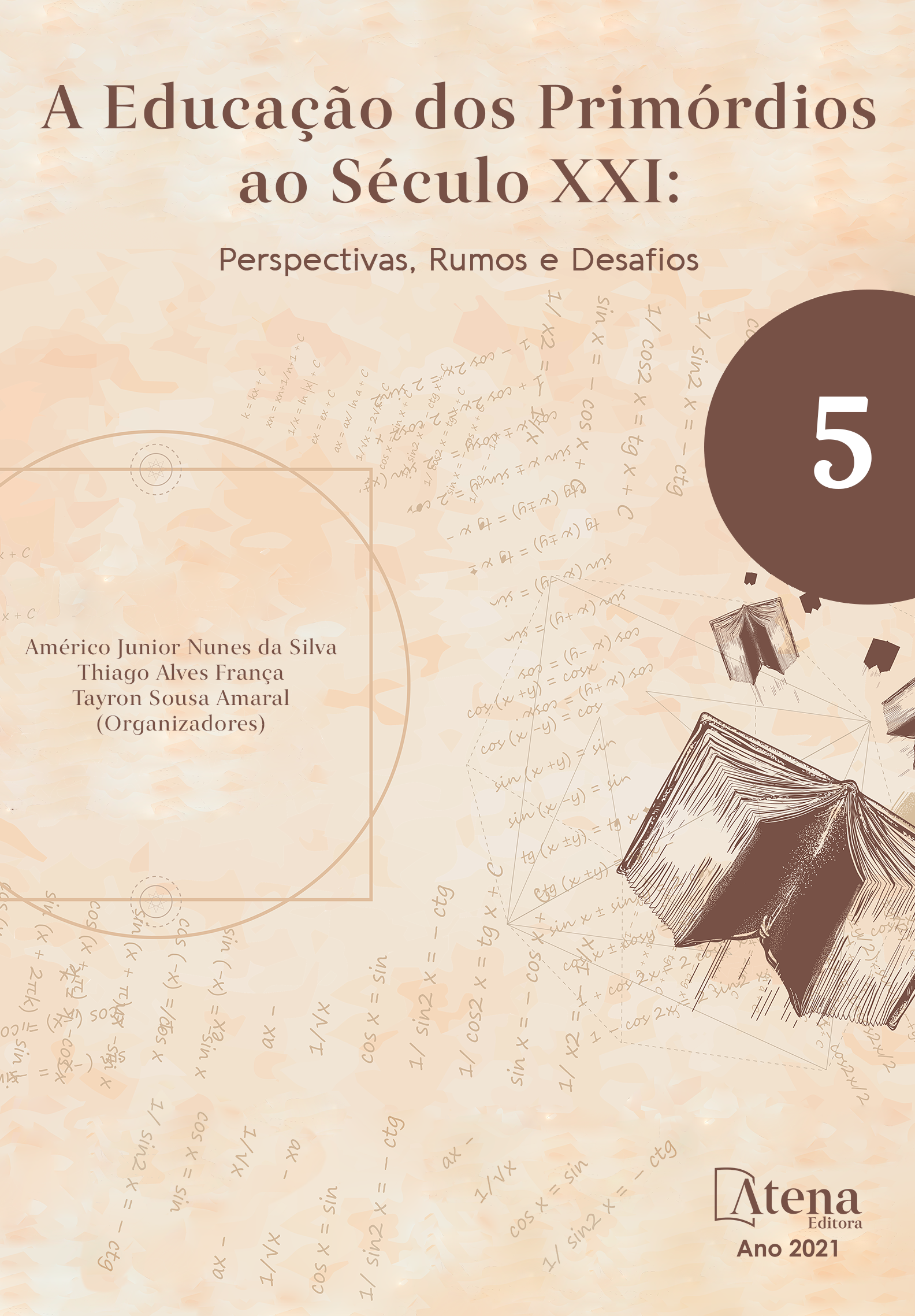
DIREITO À EDUCAÇÃO BÁSICA: ESTADO, FAMÍLIA E SOCIEDADE
Este ensaio é parte inicial de uma pesquisa em andamento no curso de graduação em pedagogia da Faculdade Insted. Tem por objetivo promover uma discussão sobre como se fundamenta o direito à educação básica diante da política educacional brasileira, implementada a partir da Constituição Federal (1988) que determina-a como um direito de todos, sendo um dever do Estado, em cooperação com a família e a sociedade, com a função de garantir a realização plena do ser humano. O método de pesquisa empreendido segue natureza qualitativa, com pesquisa do tipo bibliográfica e documental. Tendo como base os teóricos AZEVEDO (2004), HOFLING (2001), MORENO (2018), VIEIRA (2001) e CURY (2002), e documentos como o Estatuto da Criança e do Adolescente (1990) e a Lei de Diretrizes e Bases da Educação Nacional (1996), além da própria Constituição. Conclui-se que diante do direito à educação assegurado, esse pode ser entendido como um bem público e de acesso de todos à educação de qualidade, que se encontra inserido no contexto dos direitos sociais, econômicos e culturais. É dever do estado garantir a todos os sujeitos, maneiras que permitam a permanência na educação, por meio da promoção de condições adequadas para seus estudos, organizando e proporcionando condições aprendizagem, reforçando os direitos humanos e as liberdades fundamentais. Todavia, sem que os papéis da família e da sociedade fique claro e ativos esse processo será insatisfatório.
DIREITO À EDUCAÇÃO BÁSICA: ESTADO, FAMÍLIA E SOCIEDADE
-
DOI: 10.22533/at.ed.4582110031
-
Palavras-chave: Direito a educação. Políticas educacionais. Educação Básica.
-
Keywords: Right to education. Educational policies. Basic education.
-
Abstract:
This essay is an initial part of an ongoing research in the undergraduate pedagogy course at Faculdade Insted. It aims to promote a discussion on how the right to basic education is based on the Brazilian educational policy, implemented from the Federal Constitution (1988) which determines it as a right of all, being a duty of the State, in cooperation with the family and society, with the function of ensuring the full realization of the human being. The research method undertaken follows a qualitative nature, with bibliographic and documentary research. Based on the theorists AZEVEDO (2004), HOFLING (2001), MORENO (2018), VIEIRA (2001) and CURY (2002), and documents such as the Child and Adolescent Statute (1990) and the Law of Guidelines and Bases National Education (1996), in addition to the Constitution itself. It is concluded that given the right to guaranteed education, it can be understood as a public good and access for all to quality education, which is inserted in the context of social, economic and cultural rights. It is the duty of the state to guarantee all subjects, ways that allow them to remain in education, by promoting adequate conditions for their studies, organizing and providing learning conditions, reinforcing human rights and fundamental freedoms. However, without the roles of family and society being clear and active, this process will be unsatisfactory. -
Número de páginas: 10
- Natália Bastos Pavão
- Paola Gianotto Braga


